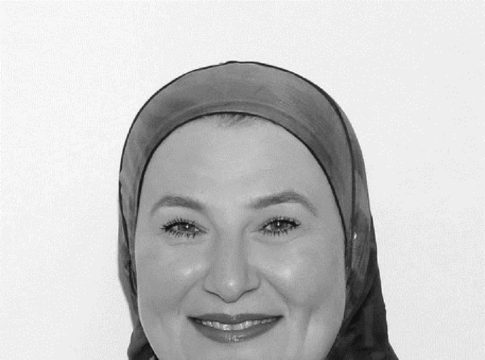In the 2017-2018 fiscal year, Egypt’s economic growth reached 5.3 percent, up sharply from the previous year’s 4.2 percent and marking the country’s highest growth rate in a decade. But in order to ensure that this rising tide lifts all boats, attention must now be turned to ensuring that businesses in Egypt have all they need to succeed.
To do this, the country’s banks and financial institutions are implementing a raft of initiatives to help small and medium enterprises (SMEs) to boost their exports and reach their potential. To help exporters overcome working capital issues, the Export Development Bank of Egypt has earmarked EGP 1 billion ($55.6 million) to provide credit facilities which will be offered to companies against proceeds outstanding from the Export Development Fund – a government incentive scheme which provides funding to industries with export potential. “It takes a while for EDF funds to be approved and disbursed. We have signed an agreement with the fund, whereby we will offer liquidity to the exporters,” explains Mervat Soltan, chairperson of the Export Development Bank of Egypt. She adds that the bank is working to foster export development among its client base both through educating companies that don’t yet export, and providing assistance to smaller exporters to enable them to scale up their activity.
For Amr Fouad Kamal, chairman of Egyptian Arab Land Bank, another key focus for the banking sector lies in bringing Egypt’s youth into the financial system. “You must motivate the young generation to establish their own business. This is very important in that it refers to financial inclusion,” he says. In order to reach the last mile of enterprise deep within the country, his bank has decided to provide funding to NGOs which have the penetration to bank the as-yet unbanked. “I don’t differentiate between my clients,” says Mr. Kamal, explaining that the bank is also focusing specifically on bringing in private investors from North America, Europe and China – with each requiring a different approach. “I am receiving communications from Chinese investors interested in investing in real estate. Meanwhile, Gulf Arab investors are looking very positively to Egypt, but they have different criteria than the Europeans.”
International development finance institutions, cheered by the strength of the Egyptian government’s reforms, have also doubled down on their commitments to facilitate business development in the country.
The International Finance Corporation (IFC) has pledged to support the private sector in Egypt with about $2 billion until 2019. In a meeting held in July between investment minister Sahar Nasr and IFC CEO Philippe Le Houerou, the IFC outlined it is keen to support the participation of the private sector in areas such as renewable energy, and provide technical support on the implementation of public-private partnerships. The IFC has chosen Egypt as a model for its investments in the Middle East and Africa, and during the last fiscal year, the IFC invested $1.2 billion in Egypt to support the development of the infrastructure, renewable energy, manufacturing, and banking sectors. That figure, which includes funds mobilized from other investors, represents a record for the IFC in Egypt and comes as a result of the strong economic reform measures taken by the Egyptian government.
Meanwhile, June this year saw the European Investment Bank (EIB) and Bank of Alexandria sign a financing agreement worth €20 million to support small and medium-sized enterprises, representing the first EIB credit line for small and medium-sized enterprises provided through Alexbank, which will channel the funds at affordable rates to Egyptian businesses, enhancing economic growth by catalyzing and accelerating private investment.
The Egyptian Exchange (EGX), which comprises two exchanges, Cairo and Alexandria, is also playing its part in facilitating foreign investment into the country’s businesses. “The diversity of companies that are available in the market is quite important given that we are not only focused on the energy or petrochemical sectors. We have proper diversification in our capital markets, and that is important,” says Mohamed Farid Saleh, EGX’s executive chairman. He adds that the exchange plays a role of investment promotion through continuous communication with international investors to highlight the opportunities that are available.
One such opportunity will arise from the planned initial public offering (IPO) of Banque du Caire, which is among 23 state companies that have or plan to offer stakes on the Cairo bourse. “The IPO will help the bank a lot in achieving its medium and long-term objectives,” says Tarek Fayed, chairman and CEO. “We have very strong plans for growth in the next phase and we believe that the IPO will greatly help us to achieve these objectives by increasing our capital base.”


